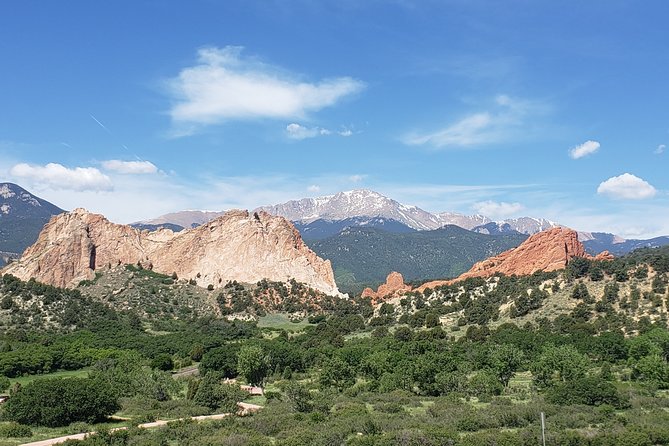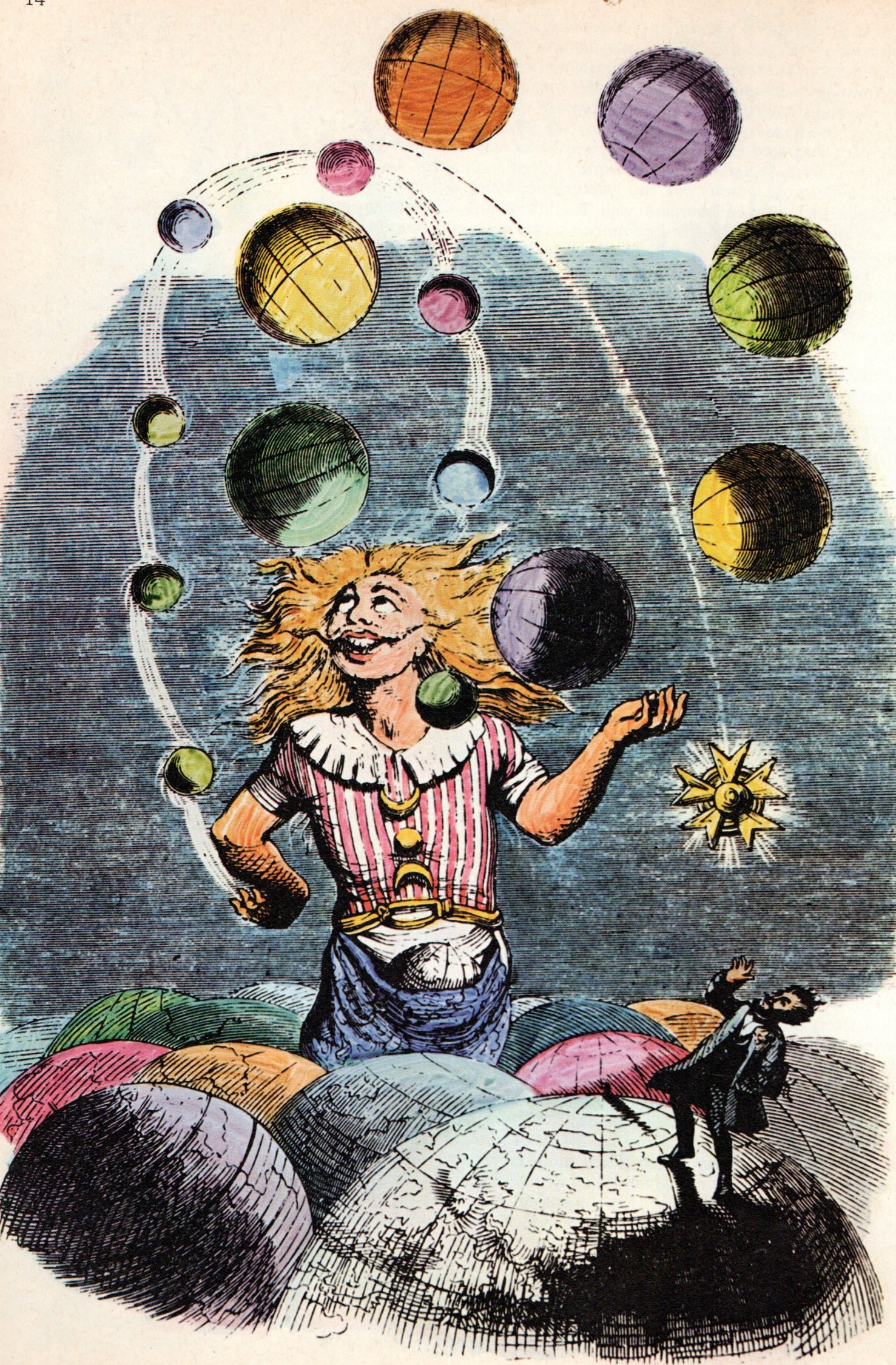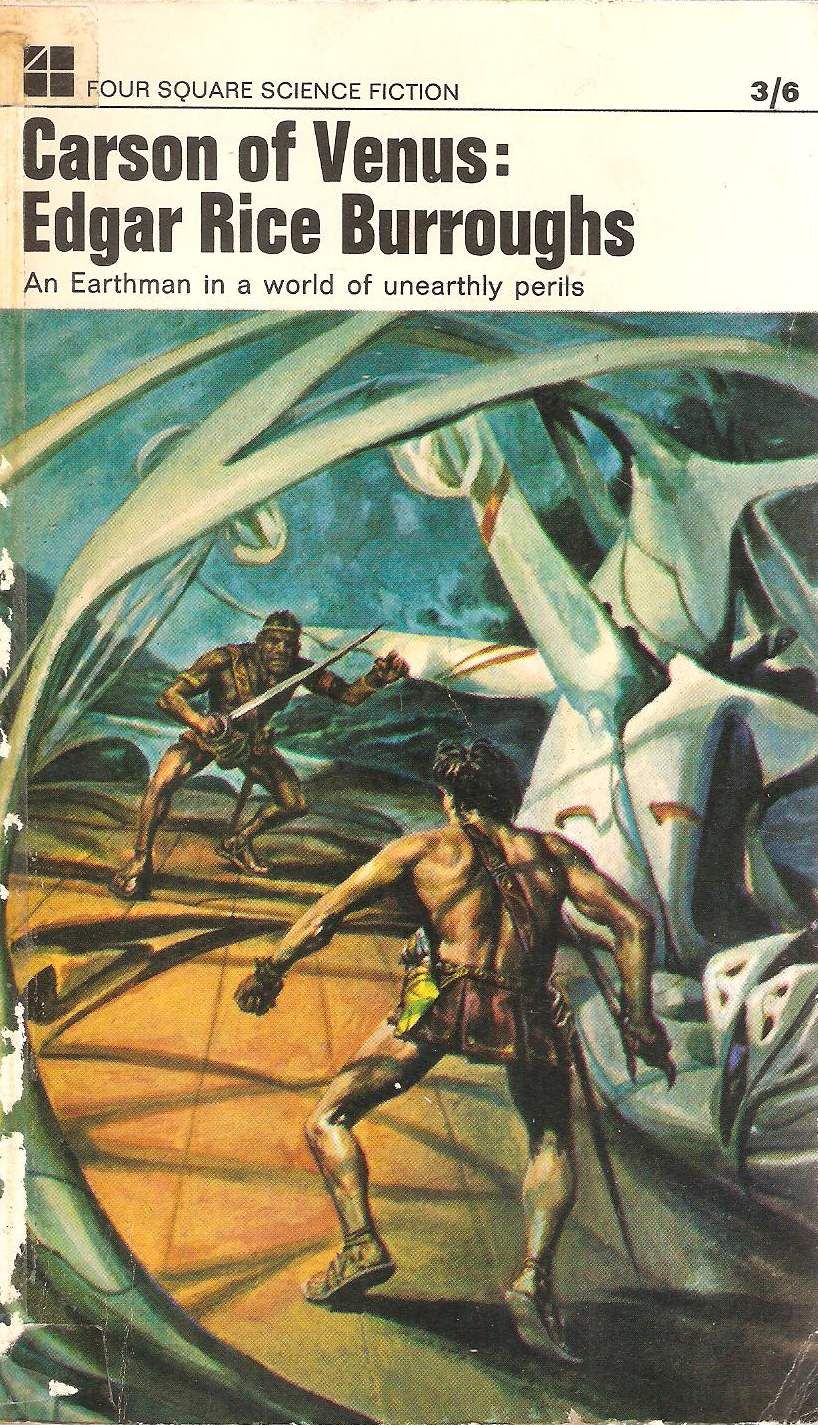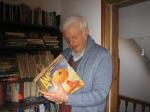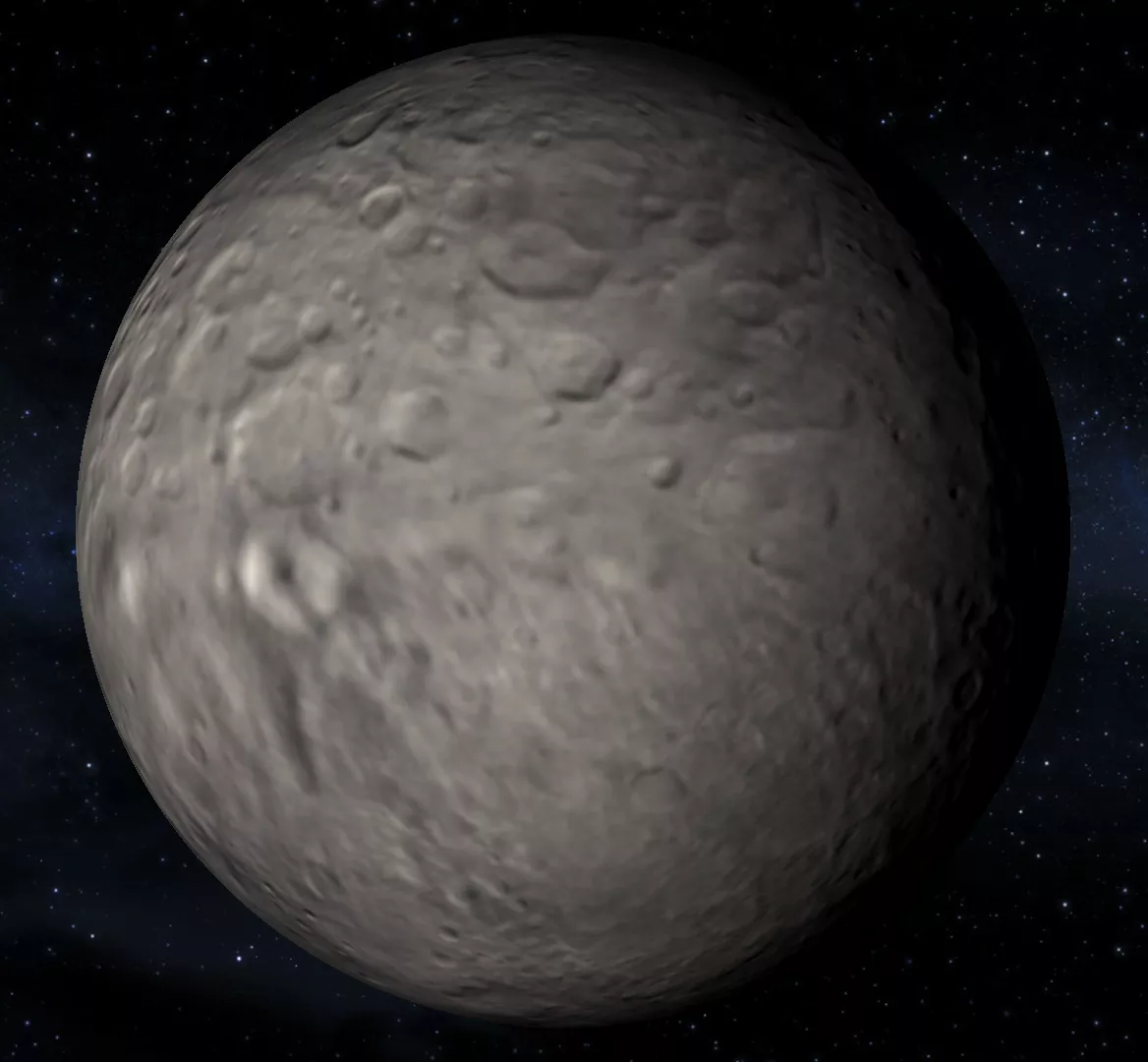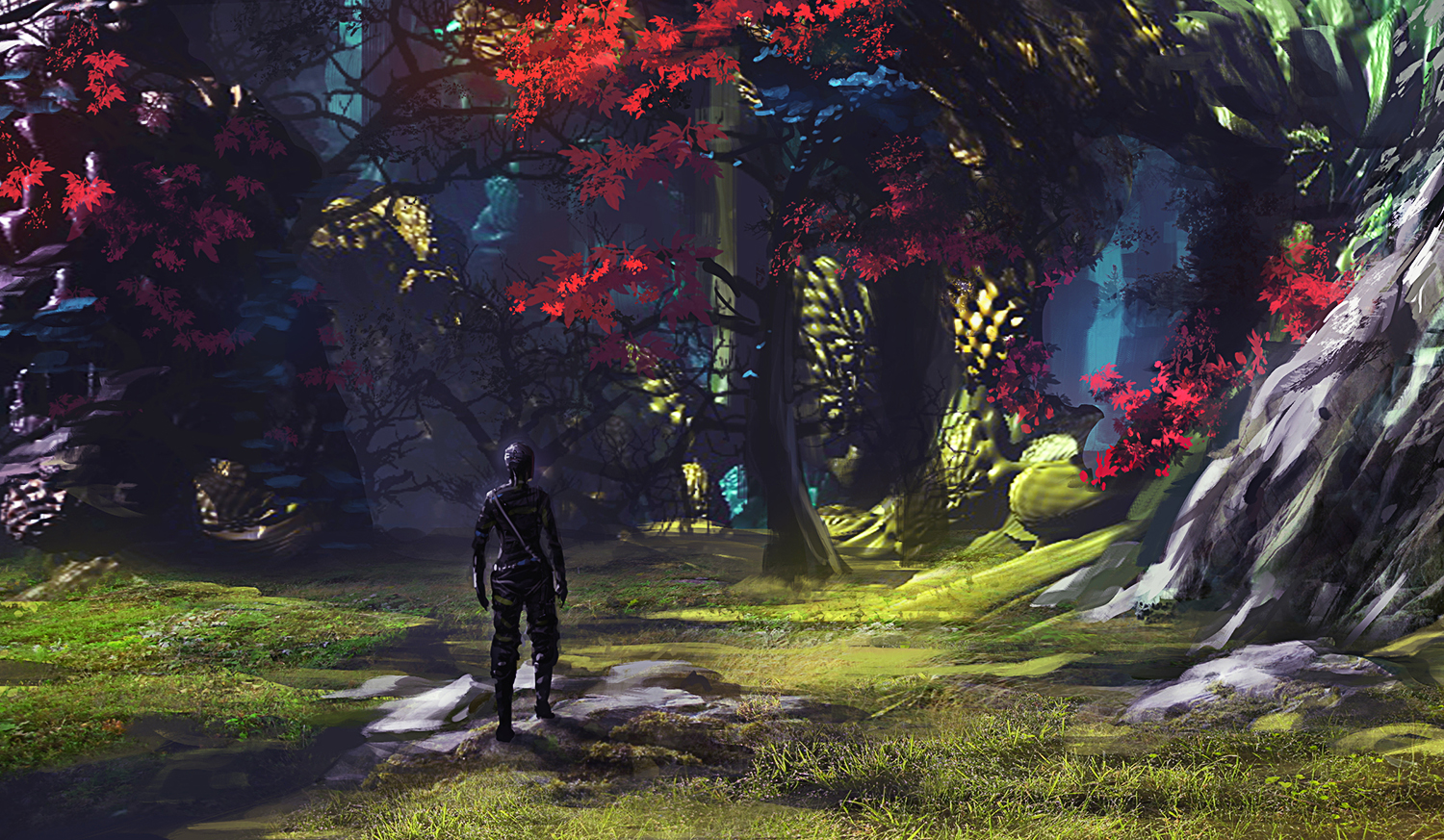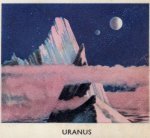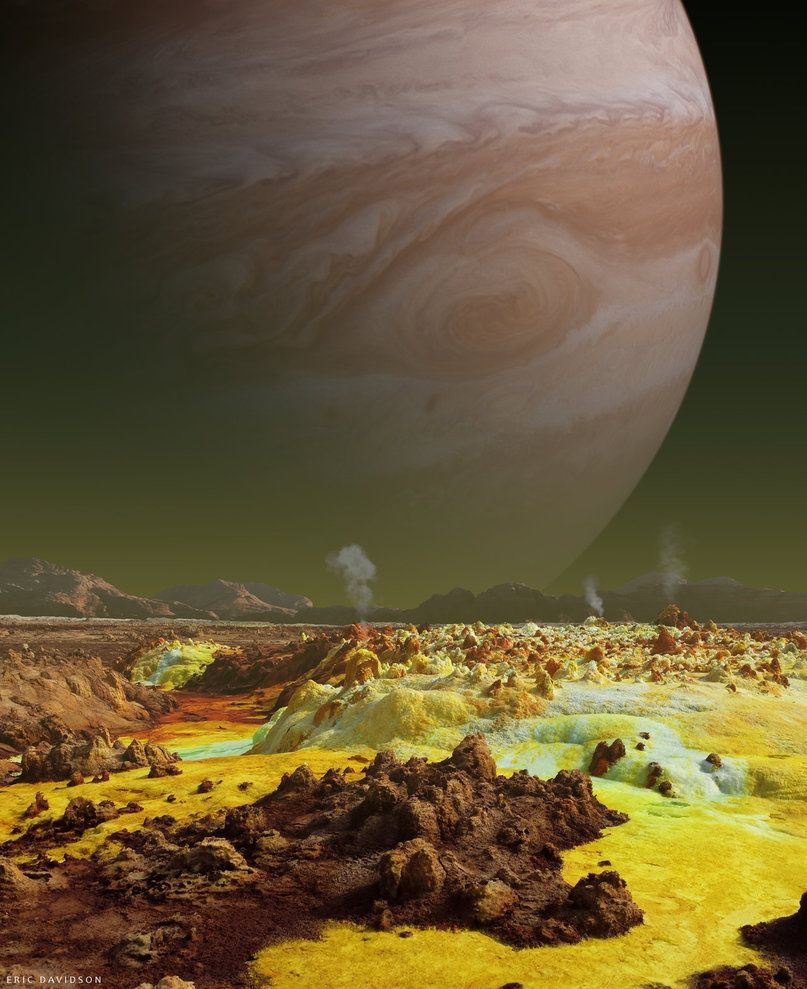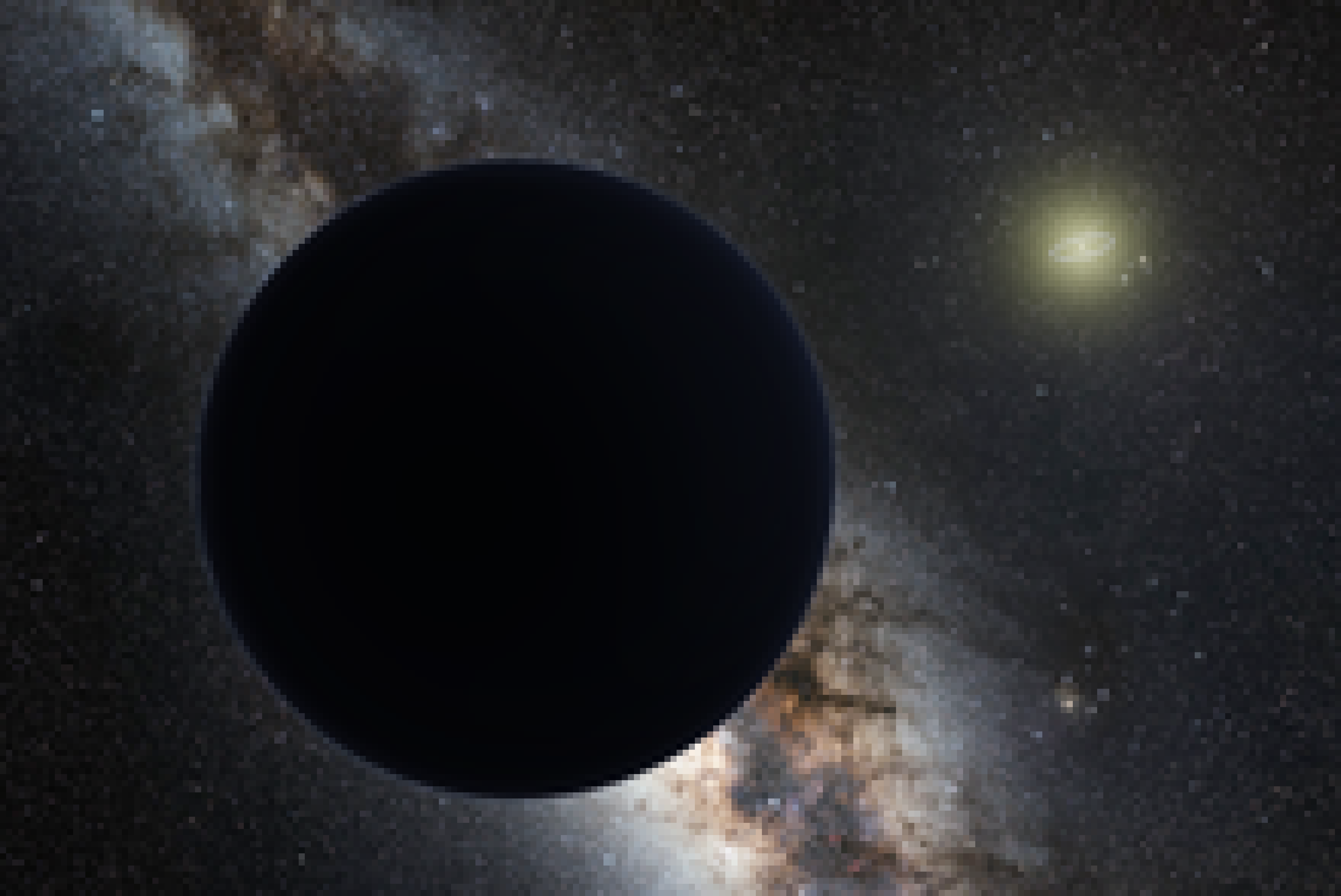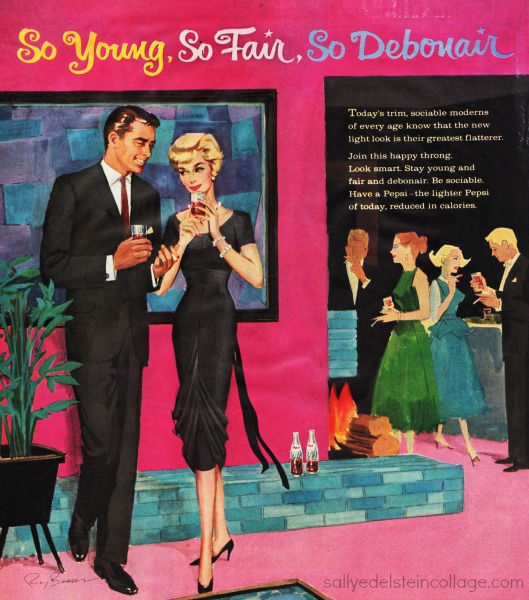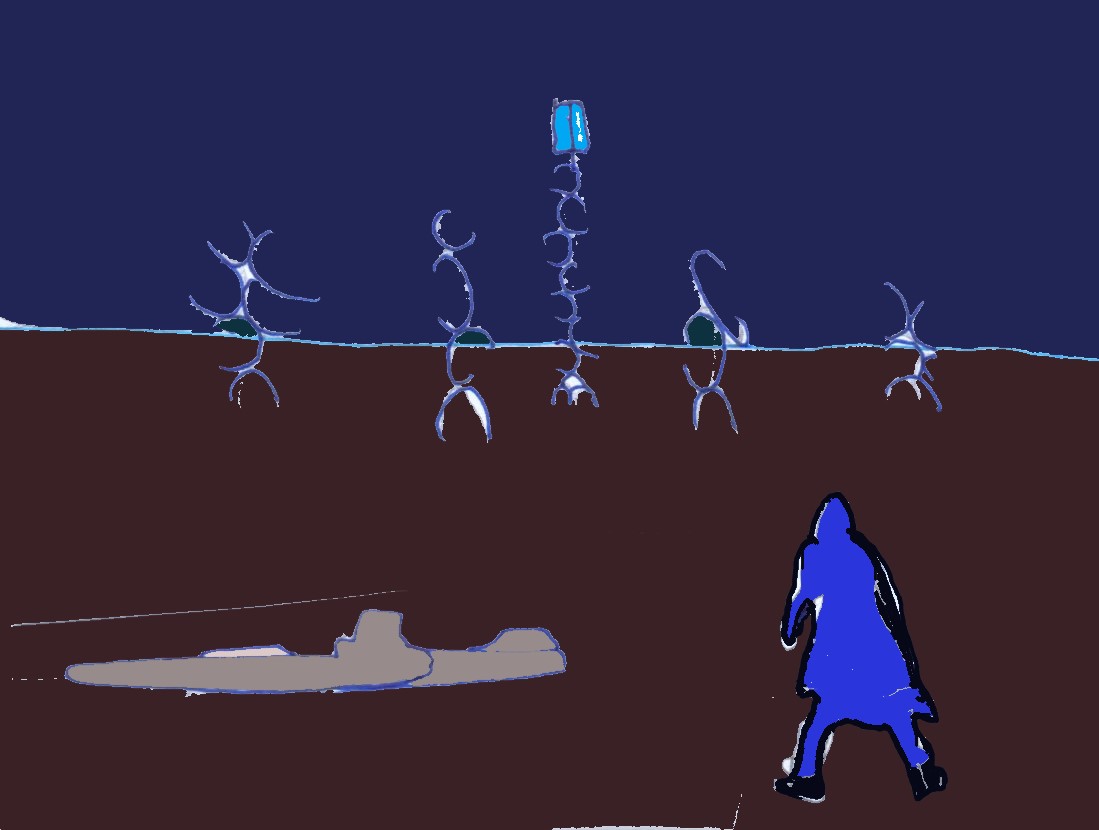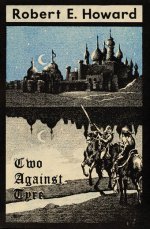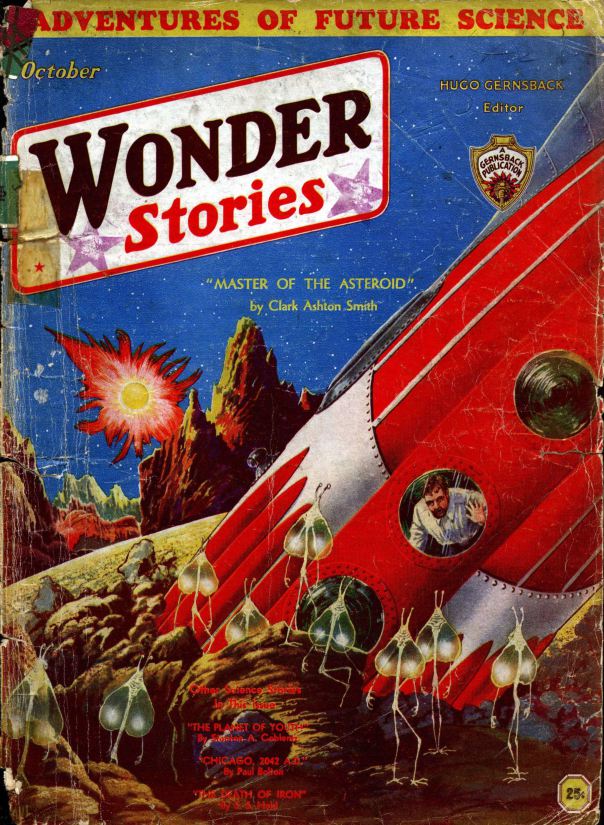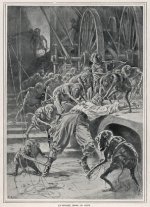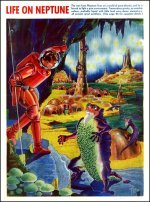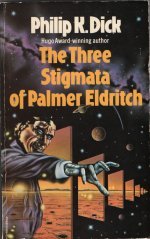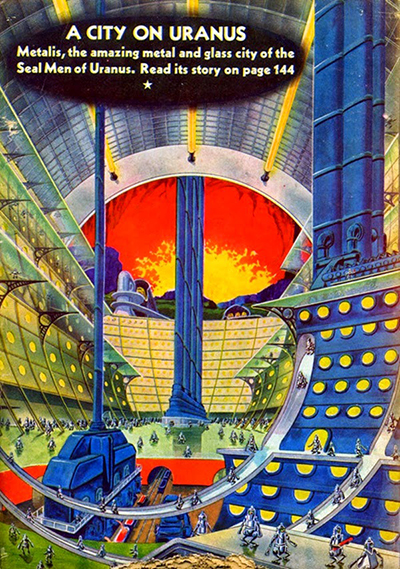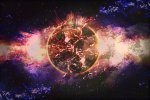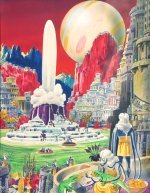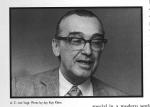Out of the Silent Planet - overview
by Antolin
(Westmoreland, England)
I'd like, if I may, to contribute this review to your site!
Out of the Silent Planet - Man and Landscape
There are some books, as some paintings, whose landscapes become an inverse emblem of the inner being of the human protagonist, so that the world without seems outside in, and the protagonist within seems inside out. Few books, in this connection, match C.S.Lewis’s “Out of the Silent Planet” – perhaps only “A Voyage to Arcturus” by David Lindsay approaches it. Such a book, obviously, depends on one character, to achieve the miracle of the one-to-one – and, if a tale, upon the trance of instinctive poetry, transcending style or logic – and, if philosophy, upon the belligerent and brilliant vision of John Ruskin. Perhaps “Robinson Crusoe” is the linear ancestor of such a tale – certainly not the picaresque “Odyssey”.
“Out of the Silent Planet” is, I think, the most sustained and wonderful outing in this most elusive of genres, the “one-to-one”: human to landscape.
“A Voyage to Arcturus” is a greater book, but destroys its own genre, as it were, by its nihilistic philosophy. C.S.Lewis’s own “Perelandra” (“A Voyage to Venus”) is a greater book – but destroys its own genre of landscape/psychology by its theological allegory. Not to say that the theology is bad, or the nihilism is bad – I think they are both good, in the contexts of the works created, and perhaps it is irrelevant to say that the philosophies merely get in the way! But, there is a branching: what begins as a “one-to-one” of landscape/psychology, develops into “landscape/philosophy”. But, in rare works – and, perhaps, of these “Out of the Silent Planet” is the greatest – there is no branching, there is the sustained and visionary and passionate one-to-one of a landscape, and a human soul.
Or, rather, “hnau”! because Lewis is not fool enough to say that souls belong to humans alone. There are “hnau”, and Lewis’s intriguing, and sometimes agonizing, theories of animals-and-pain-and-souls, is ventured upon, the probing stage of “Out of the Silent Planet” is set.
And always the sustained, brimming, untrammelled truth of the landscape: the disciplined wildness of the author:-
“The silent, purple half light of the woods spread all around him as it had spread on the first day he spent in Malacandra, but everything else was changed. He looked back on that time as on a nightmare, as on his own mood at that time as a sort of sickness. Then all had been whimpering, unanalysed, self-nourishing, self-consuming dismay. Now, in the clear light of an accepted duty, he felt fear indeed, but with it a sober sense of confidence in himself and in the world, and even an element of pleasure . . .”
The three races – the Hrossa, the Sorn, and the pfifltriggi – in some way represent the three aspects of man: the poetic, the philosophic, and the practical. But of course – as befits a wild Irishman with an oversized brain – the distinctions are blurred. The Sorn is the most poetic in the end, during the passage upon the very rim of the harandra, the edge of the world; the Hrossa is the most practical, with the capture of Weston and Devine; and the pfifltriggi are portrayed as cute, in that way C.S.Lewis has of portraying such with dignity, as he has the way with the bacchanalia with intellectuality – the latter set out in the extraordinary romp in chapter eleven of “Prince Caspian”.
The domains of the handrammit are the cosy climes – but also the climes that are technologically achieved. The almost Lovecraftian sequence, when the building and excavating of the sheltered lands are revealed, is surely the most poignant in Lewis’s works – only deduced and accepted by the man, as he withdraws from the doomed planet, in the – (possibly) – doomed spacecraft of Professor Weston.
